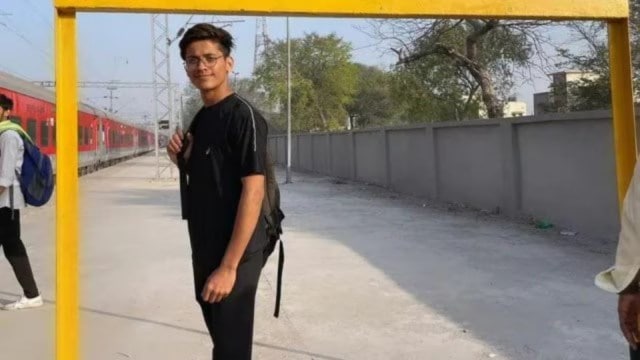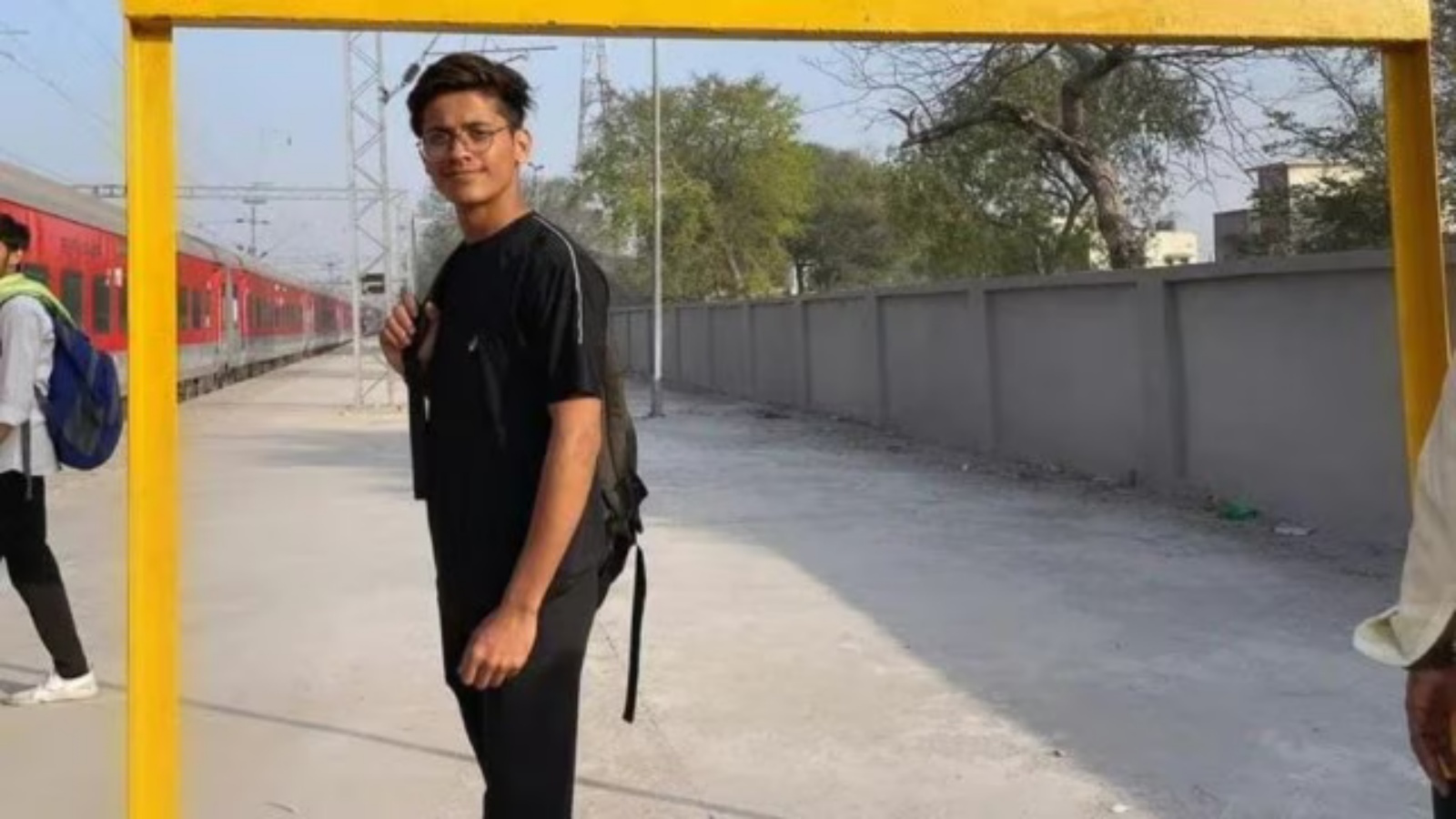
The death of Aryan Mishra – his senseless killing allegedly by Anil Kaushik (founder of Live for Nation, one of the many constituents of a Hindutva cottage industry) and four others – in Palwal, Haryana, is shocking. Unfortunately, this is not because a group of “gau rakshaks” chased him and his friends on a highway, or because they killed him. Murder and violence by such groups, of Mohammad Akhlaq and Junaid Khan and so many more, is the often-ignored corollary of “New India”. It is shocking because, with the death of Aryan Mishra, questions are finally being asked that, for too long, have been accepted as part and parcel of a diseased law and order machinery.
The first issue – which disguises a deeper malaise – is of language. Anil Kaushik and his ilk (think Monu Manesar) are referred to as rakshaks or “protectors” in Hindi and “cow vigilantes” by most English media. They are not, in fact, vigilantes. A vigilante, by definition, does not have official sanction. However, in state after state, the opposite is the case with the likes of Kaushik. Under BJP rule, Madhya Pradesh, Haryana, Gujarat and many other states have issued “gau rakshak” identity cards. As reported in this newspaper Kaushik has been associated with the Faridabad police, acting as witness and complainant, even as he posted videos on social media chasing and attacking people for cattle smuggling. It is important, then, to recognise that the gau rakshak is not a “vigilante” by any measure. Rather, he is for all intents and purposes a sub-contractor of the police department.
This brings us to the second, connected, issue. Assume for a moment that “cattle smuggling” is anything other than a bogey raised to demonise particular castes and communities for a cynical, revanchist politics. After all, it can be legitimately argued that anti-cow slaughter legislation has been passed through due process. Even so, is law and order a sphere of state activity that requires a public-private partnership (PPP) model? The police, for all its faults – it has perpetrated its share of excesses across the country – is bound by rules, procedures and ethical codes of conduct. The gau rakshak serves a different end, and different masters. Why are civilians, without training or constraints, enforcing cow slaughter laws? Is the Haryana police – along with so many others – saying it cannot uphold law and order? If that is so, perhaps justice can be the next sector that sees start-ups. For the enforcement of every law, a militia and a government contract are in the offing.
Third, the anger and contrition over Mishra’s death highlights our ease with and apathy towards killing without due process. Even if the 19-year-old had been guilty of “smuggling cattle”, did he deserve to die? Even lip service to due process has been given short shrift of late. Since 2017, in Uttar Pradesh alone, nearly 13,000 “criminals” have been killed in “encounters”. Assuming all of them were guilty – statistically, unlikely – did they not deserve their day in court? The figures cited above have been proudly shared by the UP police. In other states, too, killing the accused without trial is seen as a form of instant justice instead of what it is – a wanton taking of life. In Indian law (in fact, under any modern legal system) even killing a convict on death row is an act of murder. De facto, however, this form of violence is now both accepted and even celebrated.
Finally, the elephant in the room that is best described in three quotes.
Siyanand Mishra, father of the teenager, visited Faridabad jail where Kaushik reportedly expressed contrition: “He said he thought my son was a Muslim. Now he regrets killing a Brahmin.”
Mishra’s mother Uma, in her grief, asked: “Are Muslims not humans? Are they not our brothers? Why would you kill a Muslim?”
In 2022, five years after 16-year-old Junaid Khan was lynched and died at Asaoti station in Palwal, his mother said, “He would have been alive if he wasn’t a Muslim”.
In a different time and a different place, the words of the two mothers – in pain and perhaps without hope – would have shaken the conscience of the powers that be. In this time and in this place, perhaps they can merely force them to ask a question: Is the ideal and ideology the gau “rakshak” is protecting worth the price?
aakash.joshi@expressindia.com
© The Indian Express Pvt Ltd
First uploaded on: 09-09-2024 at 13:10 IST



